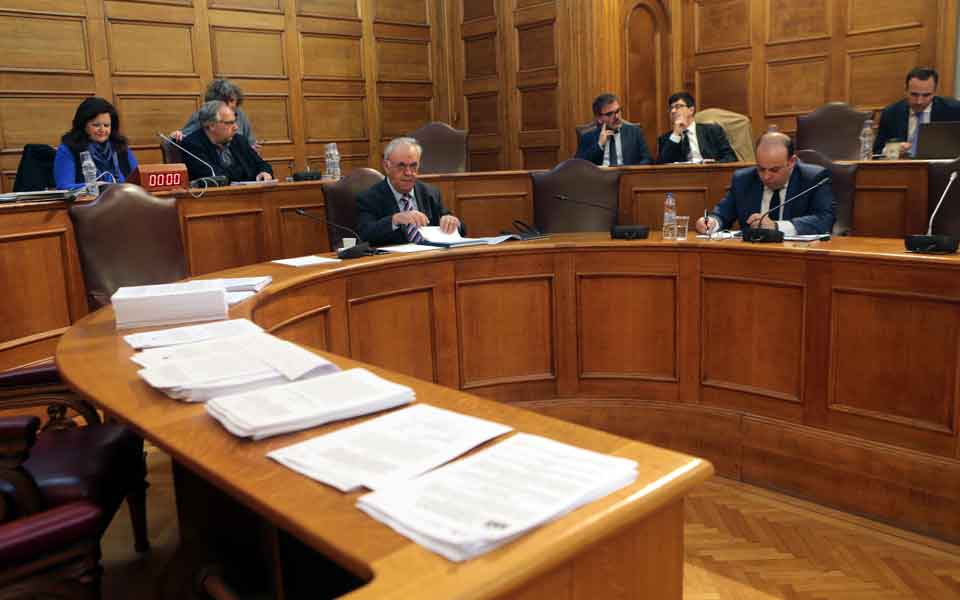Government yields ground on foreclosures

Far from sticking to its guns, the government has yielded significant ground on the new foreclosure protection framework, a draft of which was tabled in Parliament late on Tuesday and will be put to a vote on Thursday.
The new protection system is the fruit of a compromise between Athens and its creditors, as Deputy Prime Minister Yiannis Dragasakis conceded on Wednesday, and considerably narrows the scope of protection for defaulters’ primary residences. Even so, negotiations over the new system will continue as the creditors appear unhappy with some of the bill’s aspects.
Banks estimate that up to 150,000 debtors could be eligible for protection under the new system. Some have already applied for protection through the expired provisions of the so-called Katseli law.
However, the framework that replaces that law renders the protection criteria much stricter for debtors who reject the settlement offer from their creditor bank through the new online platform to be created and instead resort to justice.
This is an effort to dissuade defaulters from opting for the alternative route of court action and convince them to take the settlement offered through the new system.
Some government officials claimed that the bill covers a large share of borrowers in hardship while not rewarding strategic defaulters. However, Dragasakis spoke clearly of a necessary compromise that would have been needed with or without a bailout program in force.
“We wanted things to be much better, that the scope of coverage would be much greater, but there are commitments to banks, to the Bank of Greece and the European Central Bank,” added State Minister Alekos Flambouraris. New Democracy promised to vote for the plan.
European sources also spoke of convergence with their own positions, but noted that there remain certain differences on some key issues that will be at the focus of talks in the coming days.
The main disagreements are on the inclusion of corporate loans secured against the borrowers’ main residence, the protection scope that according to the European Central Bank still allows the abuse of the system by strategic defaulters, and halting bankruptcy procedures for borrowers in cases where a foreclosure would deprive other creditors of the chance of collecting what they are owed.





